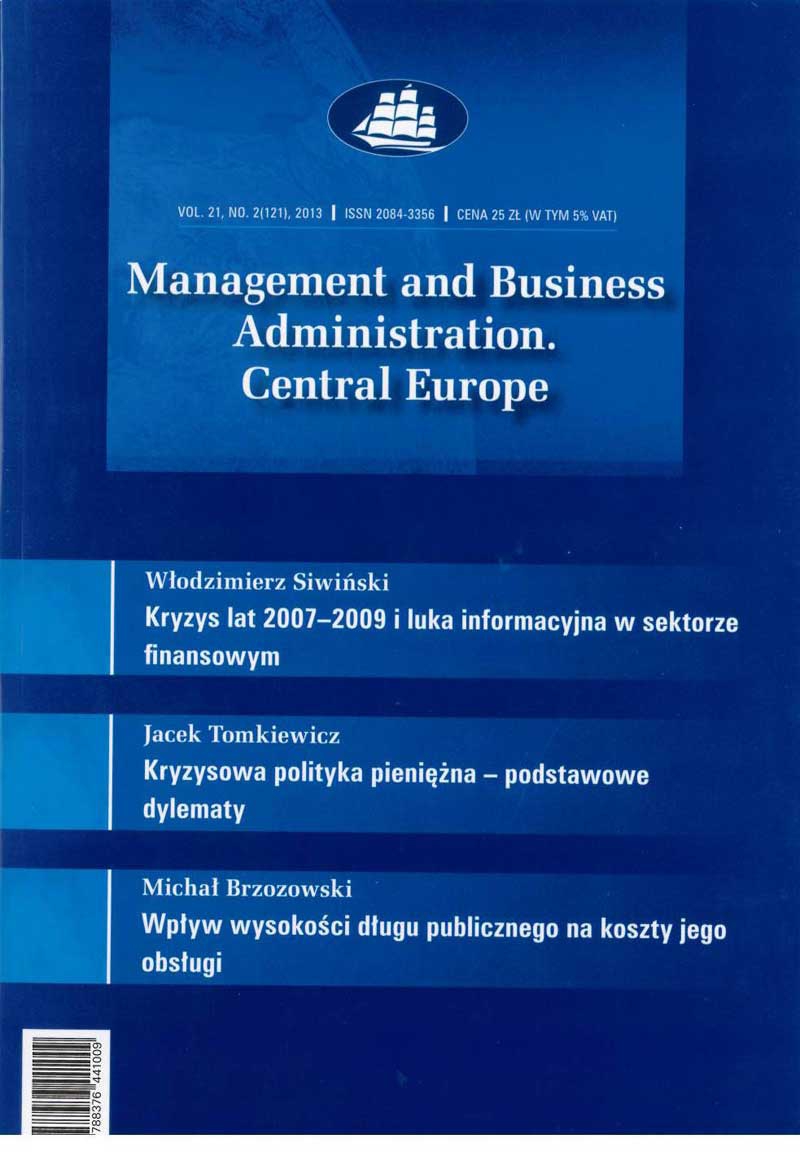Imperatyw zaufania i współpracy w procesie budowania otwartego ekosystemu wiedzy w Polsce
The imperative of trust and cooperation in the open knowledge ecosystem creation process in Poland
Author(s): Marcin GryczkaSubject(s): Economy
Published by: Akademia Leona Koźmińskiego
Keywords: open innovation; innovation
Summary/Abstract: Purpose: The purpose of the article is to analyze some of the innovation drivers in Poland in comparison to the selected developed and developing countries, to present the general determinants and features of the “open innovation” concept, and finally to determine the most important incentives of the open knowledge ecosystem creation process in Poland. Methodology: The research approach and methodology are based on the assumption that in the contemporary world economy innovativeness and competitiveness depend not only on traditional modes of technology transfer (e.g. foreign direct investment, license or arm’s length agreements), but also on knowledge absorption capabilities. Findings: The transnational corporations have already perceived the knowledge creation potential of Internetbased digital communities, therefore they are strongly interested in the implementation of the “open innovation” concept in their business models. Based on completed survey results and a selected data comparative analysis one can conclude that the innovativeness of the Polish economy has not increased since the last two decades, and future development prospects in this area are rather gloomy. It seems that the cornerstone of the open knowledge environment building process is a systemic change concerning citizen-state relations. Originality: The value of the article stems from emphasizing the importance of trust and cooperation as the fundamental factors influencing growth of networked innovation capabilities of society. Moreover, without promoting the development of such social attitudes it is impossible to create a modern digital society, and to profit from ideas and knowledge circulating on the Web.
Journal: Management and Business Administration. Central Europe
- Issue Year: 120/2013
- Issue No: 1
- Page Range: 85-97
- Page Count: 13
- Language: Polish

